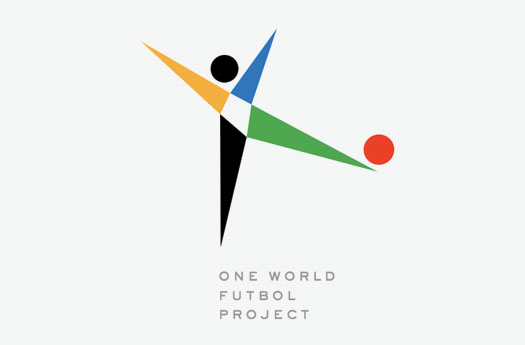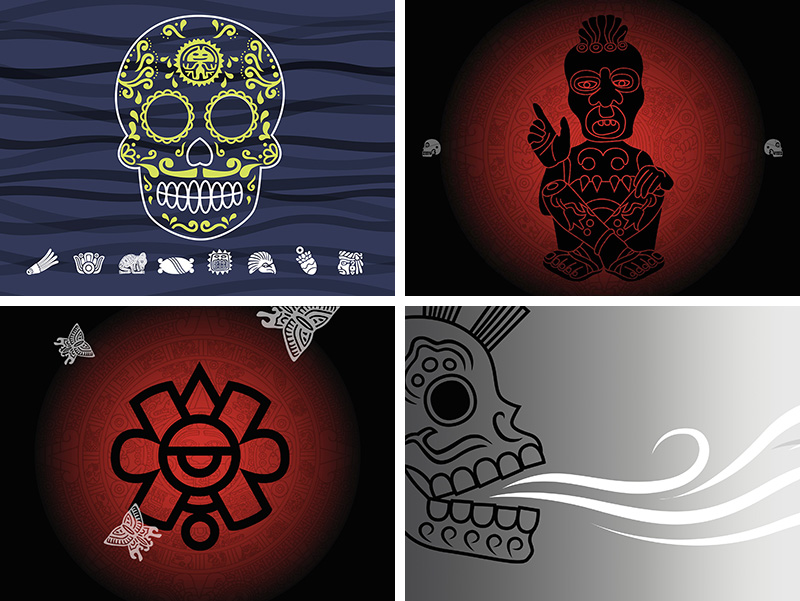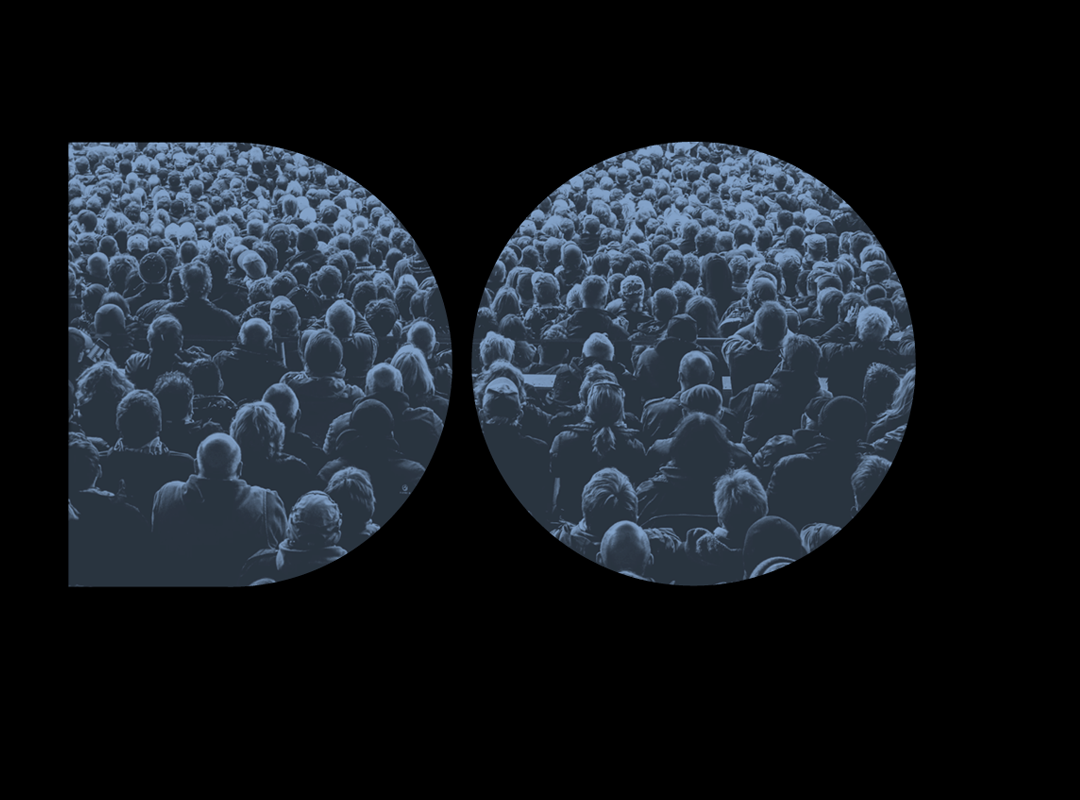
March 26, 2010
One World Futbol

One World Futbol logo designed by Michael Vanderbyl
As the 2010 World Cup casts it glow across living rooms and pubs this summer, expect networks to broadcast heart-rending “special reports” about soccer’s power to inspire hope. Famous footballers will be filmed marching like Pied Pipers through South Africa’s slums, convening impromptu skills workshops and dazzling moon-eyed township youths who are equipped with little but megawatt smiles and disarming laughter. As we watch, we might accuse the producers of propagating dangerously reductive visions of the host nation and of Africa at large. Objectively, however, we might feel a heightened awareness of play’s importance in children’s lives — and how that most elemental toy, a ball for playing “the beautiful game” — can bring smiles to disadvantaged youth long after the cameras stop rolling.
This is the founding principle of the One World Futbol Project, a new initiative with a potent emissary: an indestructible soccer ball.
Unique circumstances spawned both project and product. “At a trade show I met a Quebec firm molding this amazing closed-cell foam material,” explains the ball’s developer, Tim Jahnigen, best known as a pioneer in infrared-therapy technology and techniques. Years later, while he was watching a CNN report about children in war zones, Jahnigen’s lightning bolt arrived. “It was just searing images of these kids. Really only then did the idea crystallize.”
Jahnigen rang up his Quebeçois foam connection and the two parties began development on a ball that would mimic the touch and dynamics of a regulation soccer ball, but would resist punctures, UV rays, cold, chemicals and rain. He then approached his friend Sting (yes, that Sting), who had previously funded a soccer pitch’s construction in Gaza. The pop icon was electrified at the prospect of a ball withstanding the debris-strewn streets of refugee camps. “He said to me, ‘If you do it, I’ll pay for it,’” Jehnigen recalls. In a twist suggesting Sting could out–Kevin Bacon Kevin Bacon in the realm of social networking, the musician introduced Jahnigen to his longtime friend Bobby Sager — a photographer-philanthropist who was responsible, the three would quickly realize, for the images that had initially captivated Jahnigen on CNN. With the Quebec foam-molding firm committed to producing the balls at a fraction of cost, the inventor, the philanthropist-documentarian and the rock star went public with their endeavor in late 2009, with the newly christened One World Futbol in hand.
The Futbol’s back story is PR gold, but the product’s identity needed to be equally compelling. Jahnigen, a lifelong graphic design enthusiast, aimed high. “I’ve admired Michael Vanderbyl’s work since I was a kid in the ’70s. So I just rang up his assistant, Michael and I met and he put together this beautiful logo for us.” Vanderbyl Design’s logo is now molded into every One World Futbol.
A novel funding model supplements Sting’s up-front investment. For every purchase of Sager’s The Power of the Invisible Sun — a bound photo collection compiled from his war-zone philanthropic work — an at-risk child receives a Futbol. In addition to traditional channels such as UNICEF, a recent proliferation of soccer-based NGOs eases distribution challenges. “We don’t need to create the programs; they’re already on the ground,” Jahnigen says. “We just need to be the ball that they use.”
Jahnigen won’t make World Cup predictions. In fact, he has little interest in pro sports. “This isn’t about soccer, it’s about helping children be children,” he says. “Look, I can’t do much about world peace, I can’t solve famine, but the little I can do, I viscerally need to do.”
Observed
View all
Observed
By Jonathan Schultz
Recent Posts
Courtney L. McCluney, PhD|Essays
Rest as reparations: reimagining how we invest in Black women entrepreneurs Food branding without borders: chai, culture, and the politics of packaging Why scaling back on equity is more than risky — it’s economically irresponsible Beauty queenpin: ‘Deli Boys’ makeup head Nesrin Ismail on cosmetics as masks and mirrors
 Jonathan Schultz is a Brooklyn-based writer and editor who covers automotive and consumer-product design, electronics, pop culture and bicycle jousting.
Jonathan Schultz is a Brooklyn-based writer and editor who covers automotive and consumer-product design, electronics, pop culture and bicycle jousting.


